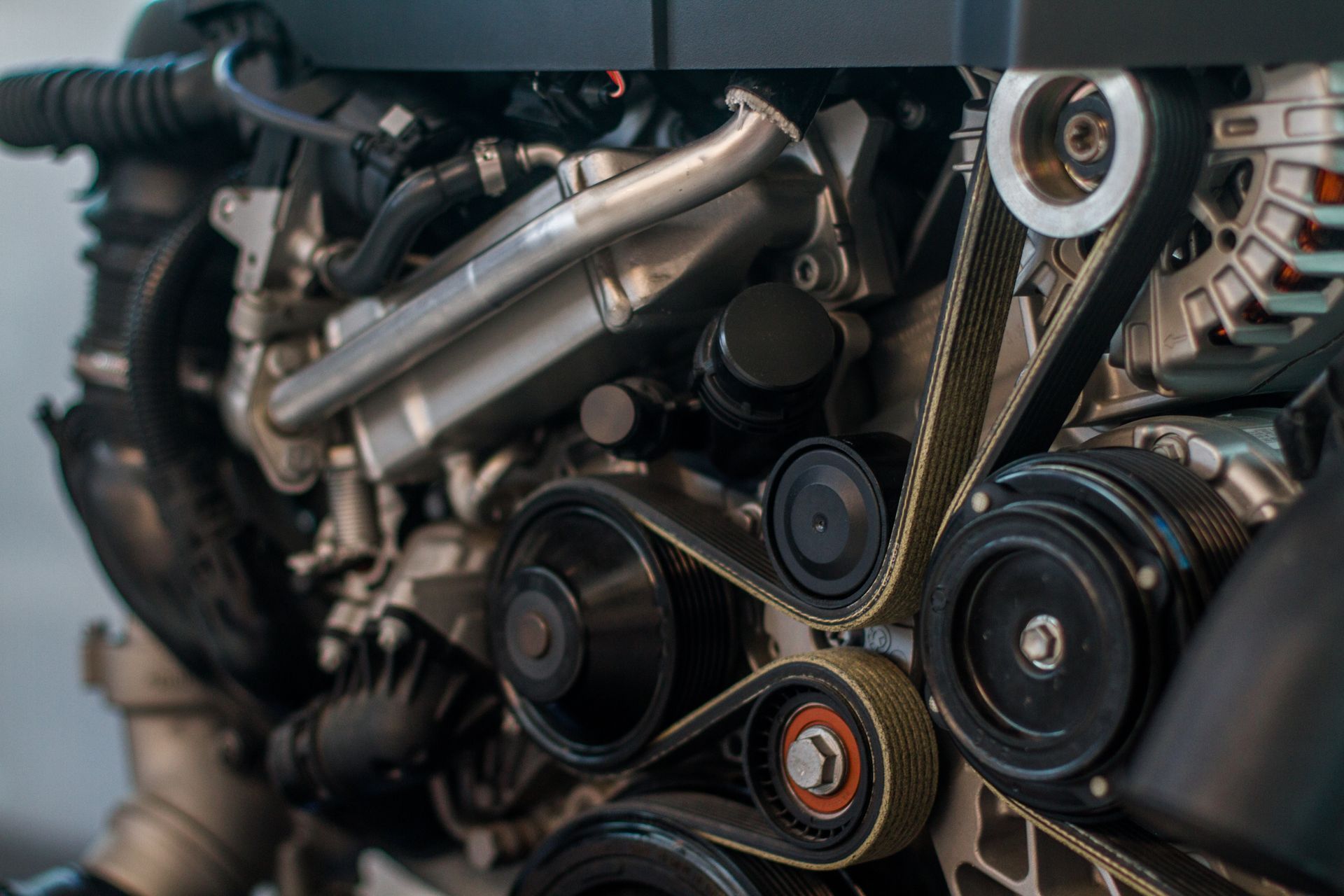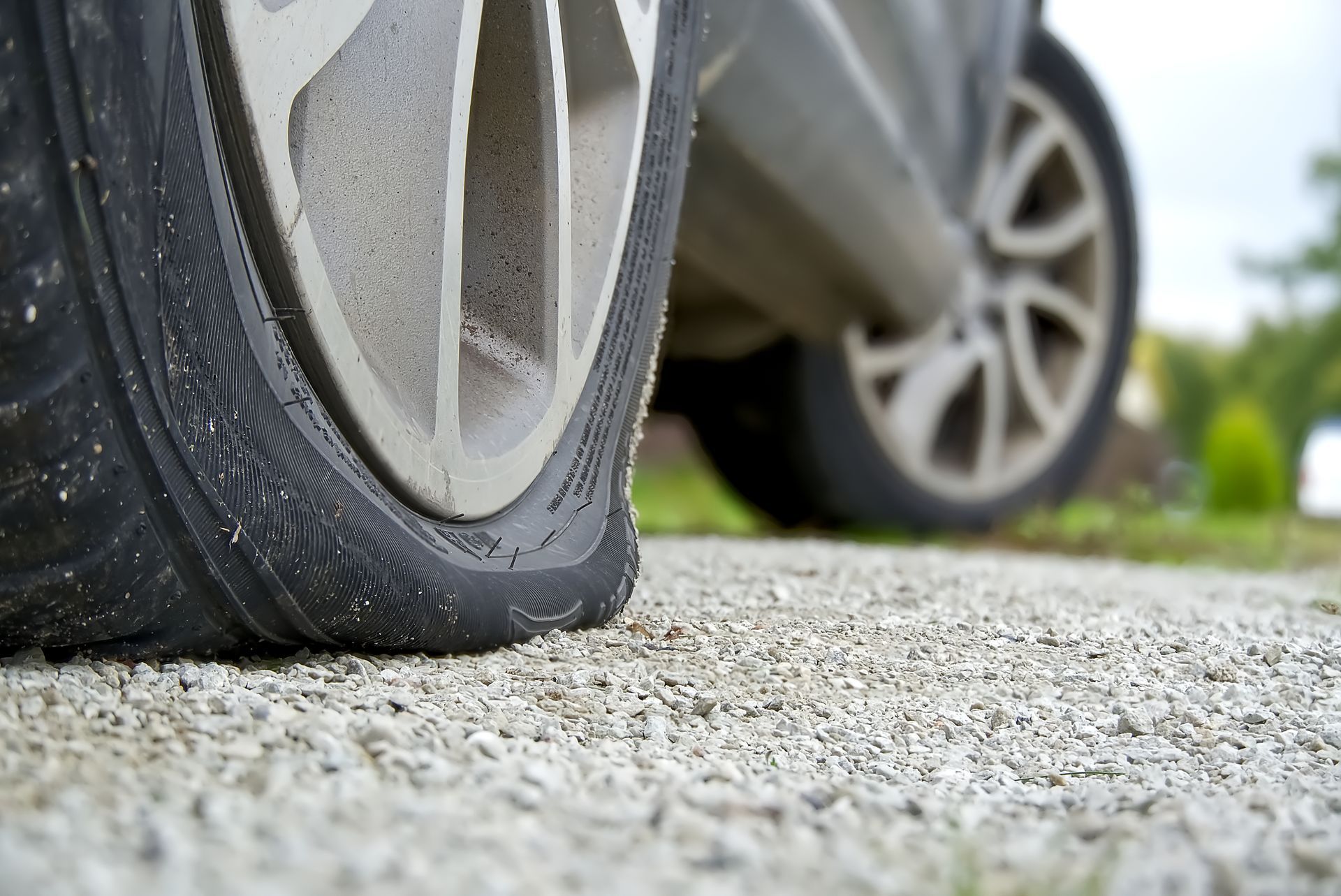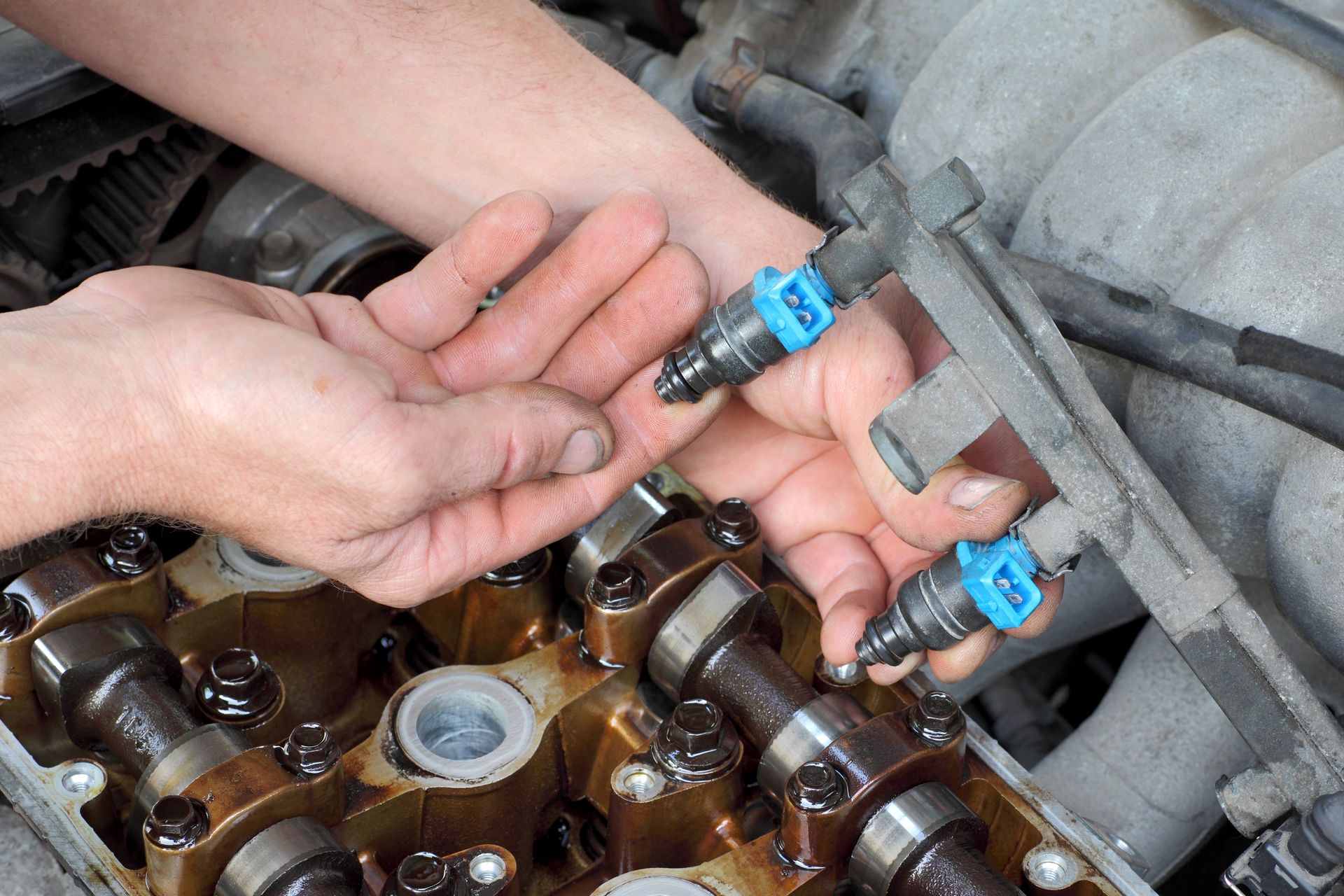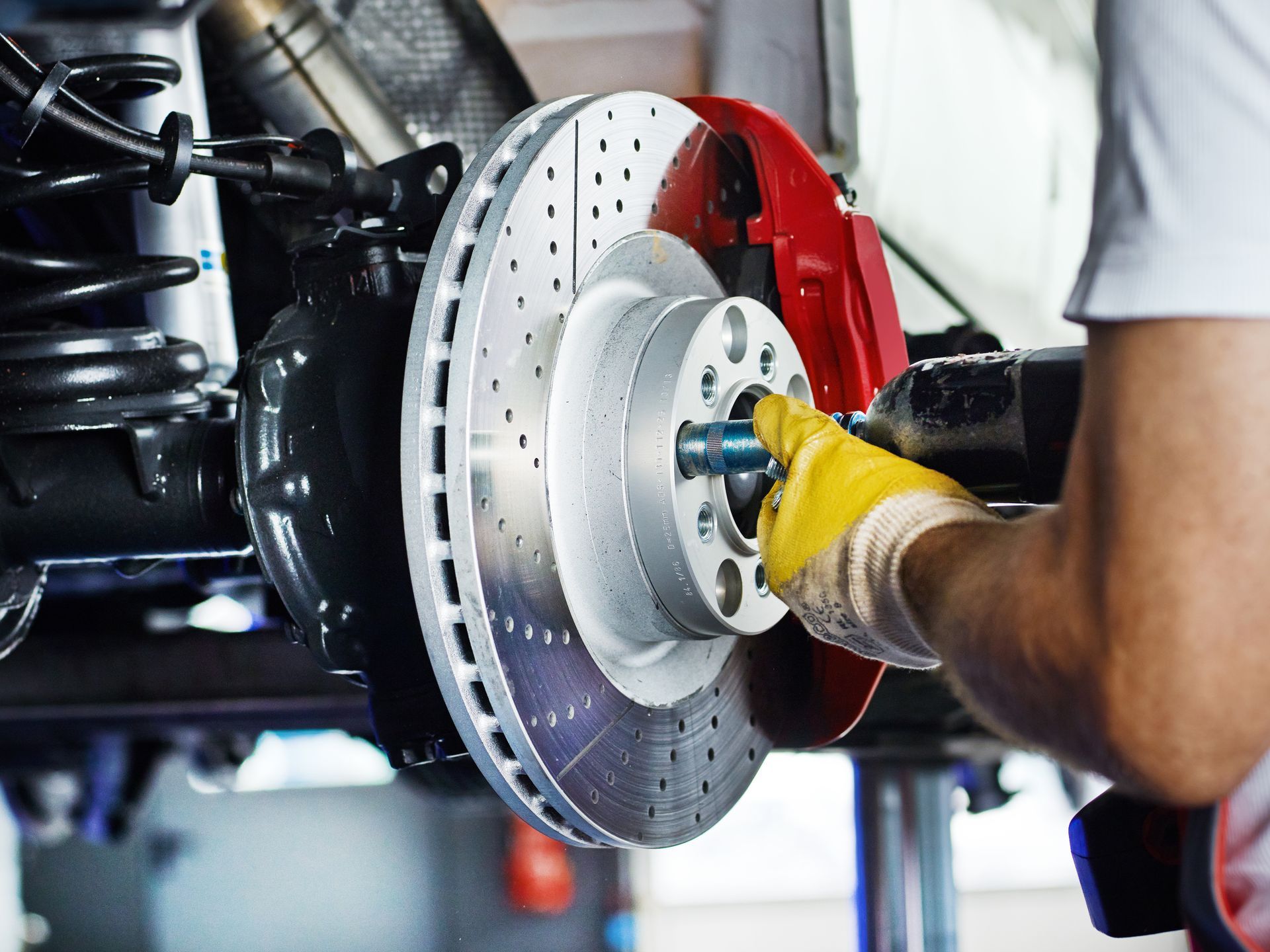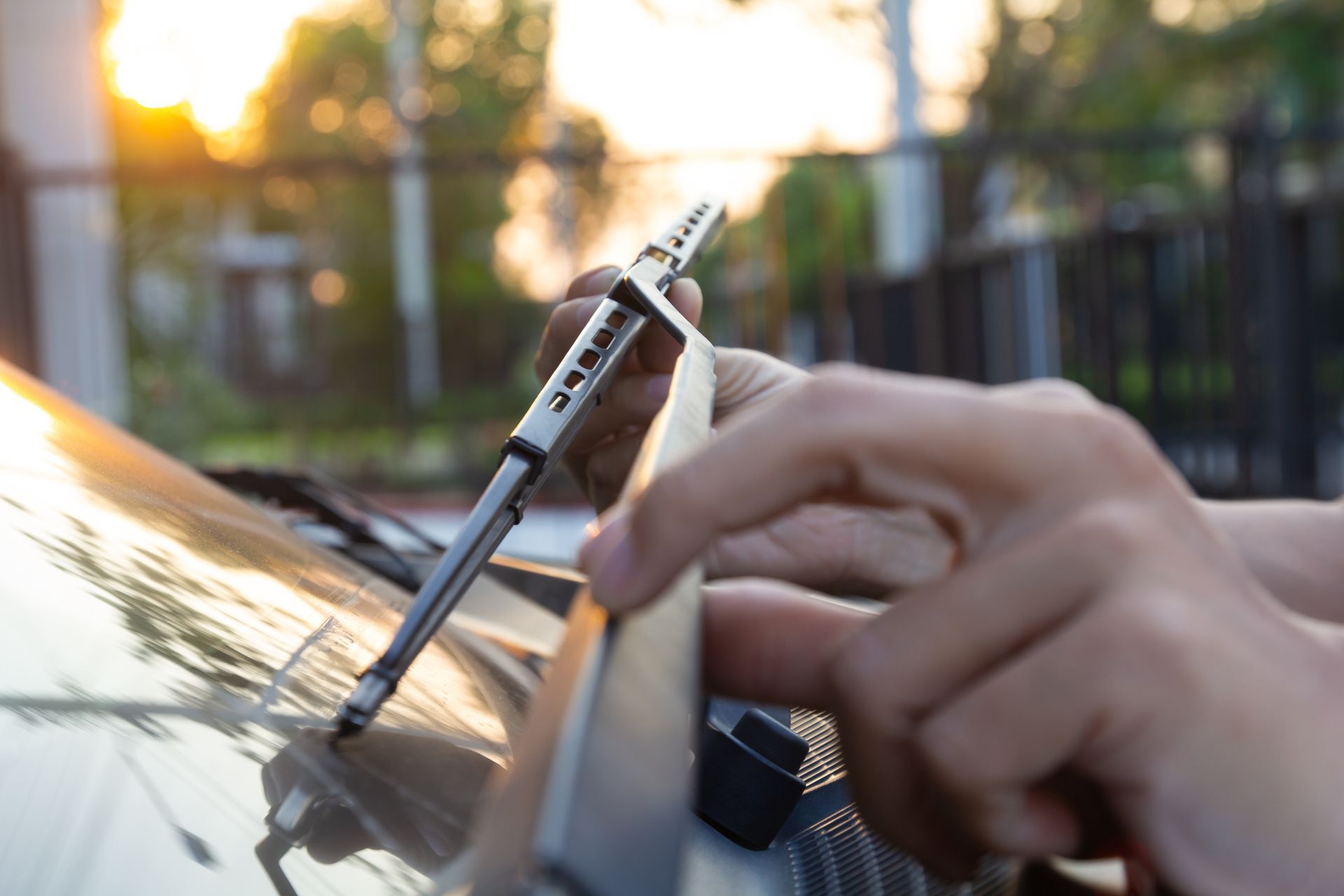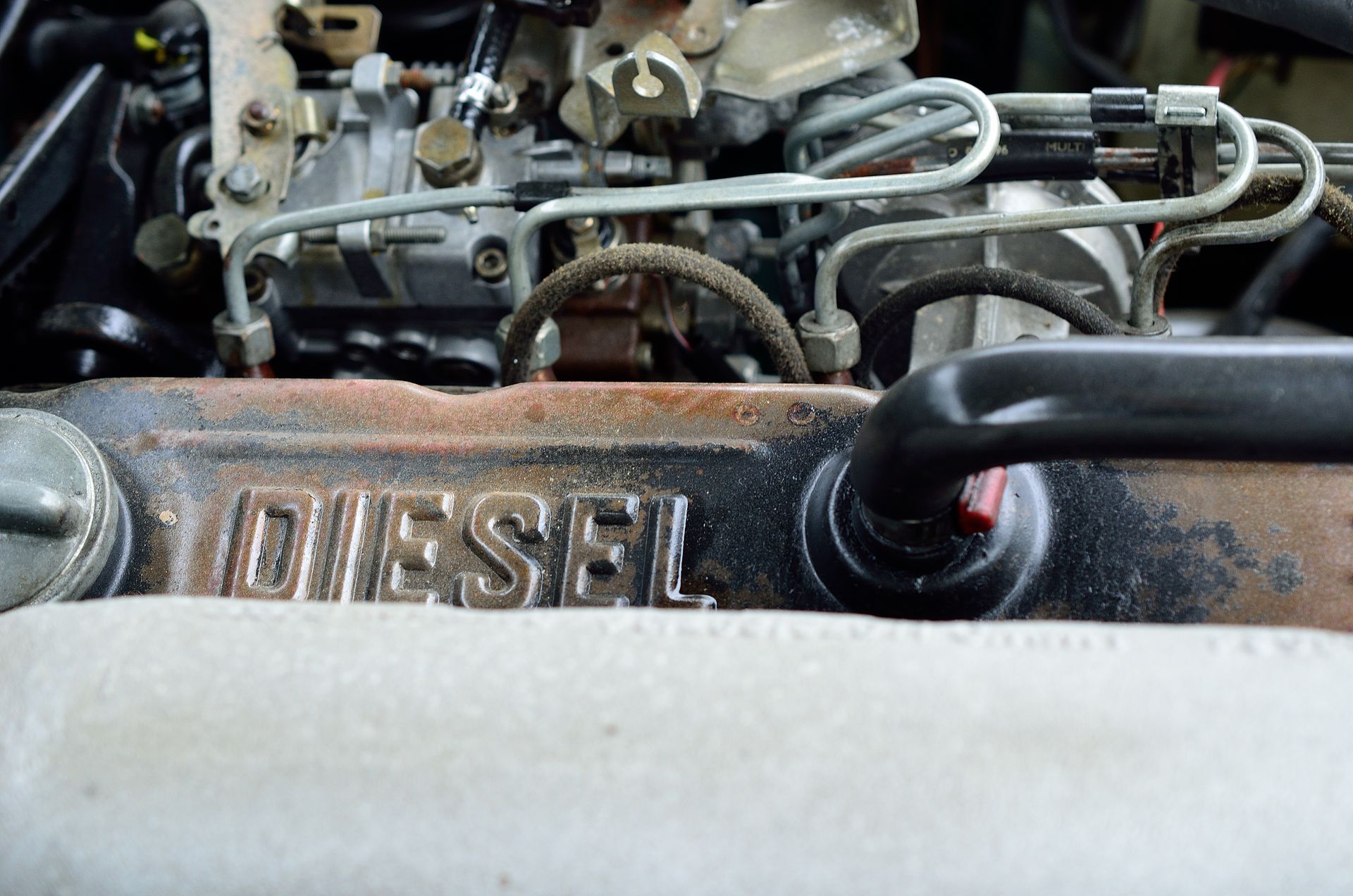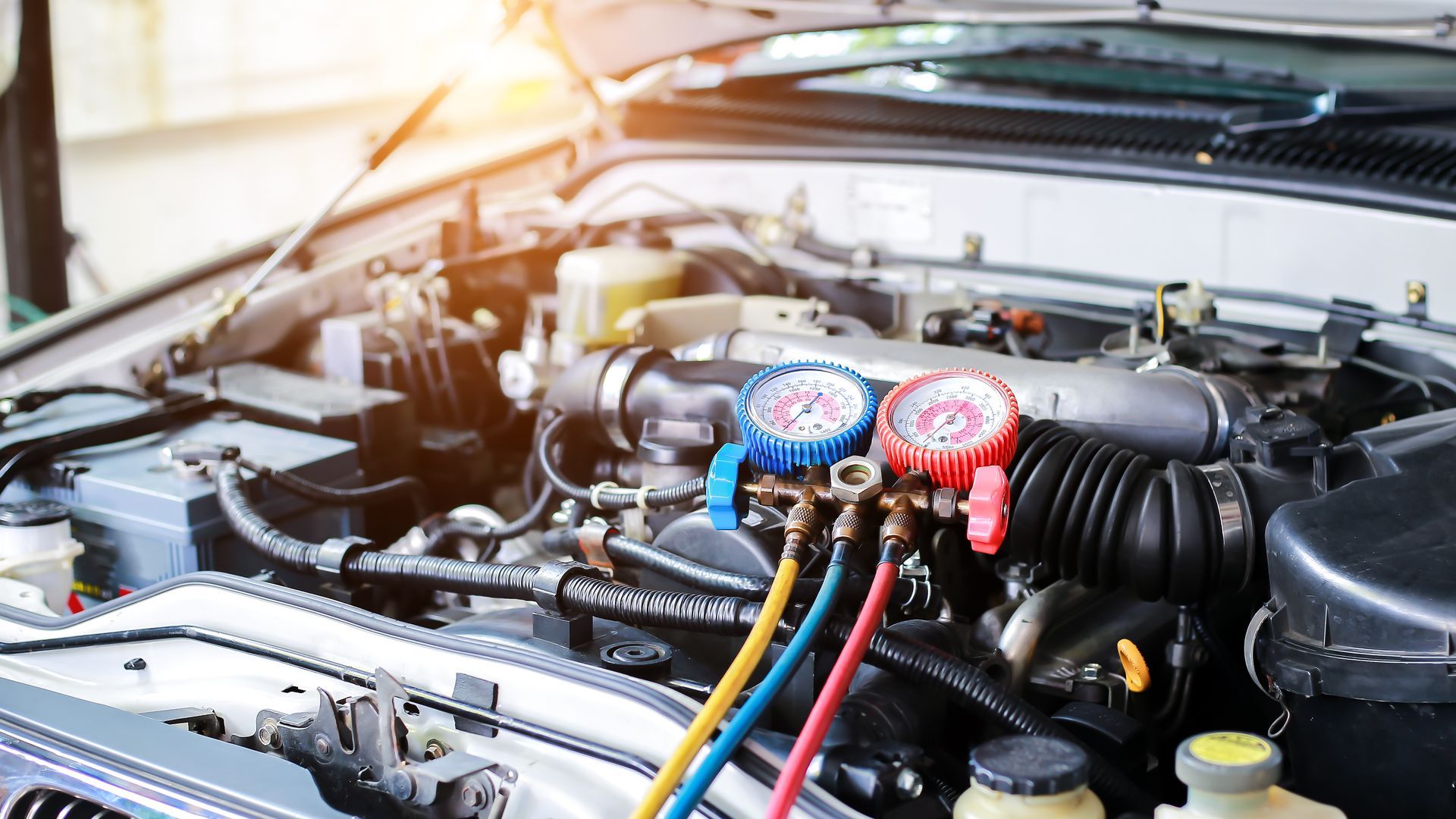When you think of battery problems, you might picture cold winter mornings when your engine won’t turn over. But in hot climates like Miami, summer heat is actually one of the leading causes of battery failure. High temperatures can be just as damaging to your battery as extreme cold, and the issues often don’t show up until you’re stranded with a car that won’t start.
Understanding how heat affects your car battery and how to prevent heat-related failure can save you from a lot of stress and inconvenience during Miami’s steamy summer months.
Why Batteries Struggle in the Heat
Car batteries contain a mixture of acid and water that generates chemical reactions to produce electricity. While these reactions happen more easily in warm weather, excessive heat accelerates the evaporation of water from the battery’s internal components. As water levels drop, the battery’s ability to hold a charge decreases, and internal corrosion speeds up.
Even though your battery might seem fine after a long day of driving, the heat damage is accumulating slowly. Over time, this leads to reduced battery life, poor performance, and unexpected failure.
Miami’s Climate Creates the Perfect Storm
Miami’s summer climate combines three things that are tough on batteries: high temperatures, humidity, and long periods of engine-off heat exposure. Many people park outside during the day, where cars sit in direct sun and battery compartments can exceed 130 degrees. Even when the car isn’t running, that heat keeps cooking the battery.
Driving in stop-and-go traffic with the air conditioning running also increases engine bay temperatures. All this adds up to a significant amount of thermal stress on your battery, which can shorten its lifespan substantially.
Warning Signs of a Weak Battery
Most batteries give some warning before they fail completely. You might notice that your engine turns over more slowly in the morning or your headlights seem dimmer than usual. The radio might cut out momentarily when starting the car. These are all signs that the battery isn’t delivering full power.
If you’ve recently had to jump-start your car or the battery is more than three years old, it’s a good idea to have it tested. In hot climates, even premium batteries often don’t last as long as their advertised warranties.
Regular Testing Can Prevent Surprises
The easiest way to stay ahead of battery problems is to have it tested during regular maintenance. Many shops, including ours, offer free battery checks that can measure the charge capacity and identify whether the battery is near the end of its life.
It’s also important to inspect the battery terminals and cables. Heat causes corrosion to build up faster, which can interfere with the battery’s connection and charging. If you see a white or blue powder around the terminals, that’s a sign the battery needs cleaning.
The Role of the Charging System
Sometimes, the battery isn’t the problem, but the alternator or voltage regulator. These components are responsible for maintaining the battery's charge while the engine is running. If they aren’t functioning properly, the battery can become drained more easily, especially if you're using electronics like air conditioning, phone chargers, or entertainment systems heavily.
In summer, the electrical load on your vehicle is higher than usual. That makes it even more important for the charging system to work efficiently. If you’ve replaced the battery recently but still have problems starting the car, the alternator or another part of the charging system might be to blame.
Tips to Help Your Battery Last Longer
While you can’t control the weather, you can take steps to reduce battery stress. Parking in the shade or using a windshield sunshade can lower interior and under-hood temperatures. Regular maintenance, including checking battery fluid levels (in non-sealed batteries), cleaning corrosion, and ensuring a secure fit in the tray, also helps.
If you take frequent short trips, consider letting the car run a bit longer or combining errands. Short drives don't give the alternator enough time to fully recharge the battery, which can contribute to slow battery failure over time.
When to Replace a Battery
Even with perfect maintenance, no battery lasts forever. In Miami’s climate, most car batteries need replacement every 2.5 to 3 years. If your battery is approaching that age or if you’re experiencing electrical issues, it’s safer to replace it before it leaves you stranded in the heat.
Stay Powered Up With Help From Rodriguez Brothers Auto in Miami, FL
If your car is struggling to start or you’re unsure about your battery’s health, let our team take a look. At Rodriguez Brothers Auto, we specialize in diagnosing battery and charging system issues and offer quality replacements designed to handle the Florida heat.
Call
Rodriguez Brothers Auto in Miami, FL, today to schedule a battery test or service. We’ll make sure your car starts strong, even on the hottest summer days.



